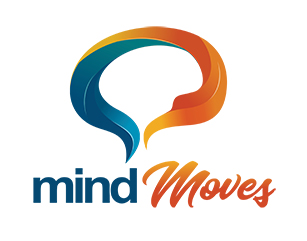New Year New Decade! BIG things! Small steps

The year of the metal Rat starts on the 25th of January 2020 and depending on what sign you fit under, the year of the Rat will bring different fortunes.
BJ Projects has a BIG announcement this month … 2020 has started with a move into dedicated premises in Hannah Street, Whangarei. Woohoo! Last week was ‘transition’ week, getting the office set up to function with ease. This week is our first ‘official back at work’ week after the holidays. To be successful in this new environment, I’m in the process of creating new habits and routines, such as making my lunch in the morning! I can’t just nip into the kitchen whenever I feel like it now! (Although there is a kitchen on site, the fridge contents are rather different to what we have at home!).
A book that’s been inspiring me during this time of change and transition has been James Clear’s Atomic Habits. I’ve been listening to the audio book (voiced by James) as I travel back and forth from town and it’s an easy listen full of ideas on how to establish great habits to support the fulfilment of our potential. For me it’s been excellent to hear some of my habit strategies affirmed and helpful to hear new ideas on developing these further.
Some of the BIG ideas that have stood out for me are:
· Setting goals is well and good, however you can’t achieve an outcome without putting in place routines and systems to support it (that is, setting up new habits that support achievement of the outcome).
· Three layers of behaviour change: outcomes, processes and identity. Outcomes are what you get, processes are what you do and identity is what you believe. For example, if you believe you can’t do things differently, then you’re going to get stuck. (And if you think this way, you might want to give me a call to come in for a chat?!)
· Find ways to make your habits, obvious, attractive to do, easy and satisfying. Our brains love routines and if we start with something that’s easy, that we enjoy, it’s easier to create a routine. And, once we’ve done it, the sense of satisfaction is extremely rewarding. Conversely, to break a bad habit, invert these by making it obvious, unattractive to do, hard and unsatisfying.
· Habits can be broken down into a feedback loop that has four steps – cue, craving, response and reward. This is the same for productive, good habits as it is for bad habits. Notice what it is that ‘cues’ you to start a bad habit. From there you can figure out what you need to do to change it. For example, to ‘cue’ myself to journal regularly, (a good habit), I leave my journal and pen in the centre of my desk.
· We naturally gravitate towards options that require the least amount of work. Therefore, to create a new routine, create an environment that makes it easy for you to do the activity you wish to start. For example, if you wish to exercise every morning, prepare your exercise gear the night before and place it where it’s easy to put on.
· Attach your new habit to an existing, successful routine you have – James calls it habit-stacking. For example, if you wish to take vitamins in the morning and you already make yourself a cup of tea every morning when you get up, put the vitamins next to your mug or cup.
There’s some great material in this book for creating enduring change to support fulfilment of our potential and it breaks the processes down into small steps that remove the friction of starting. I’m certainly looking forward to creating a whole new set of routines to support my excellence in my new location and I’ll keep you posted on how I get on.
